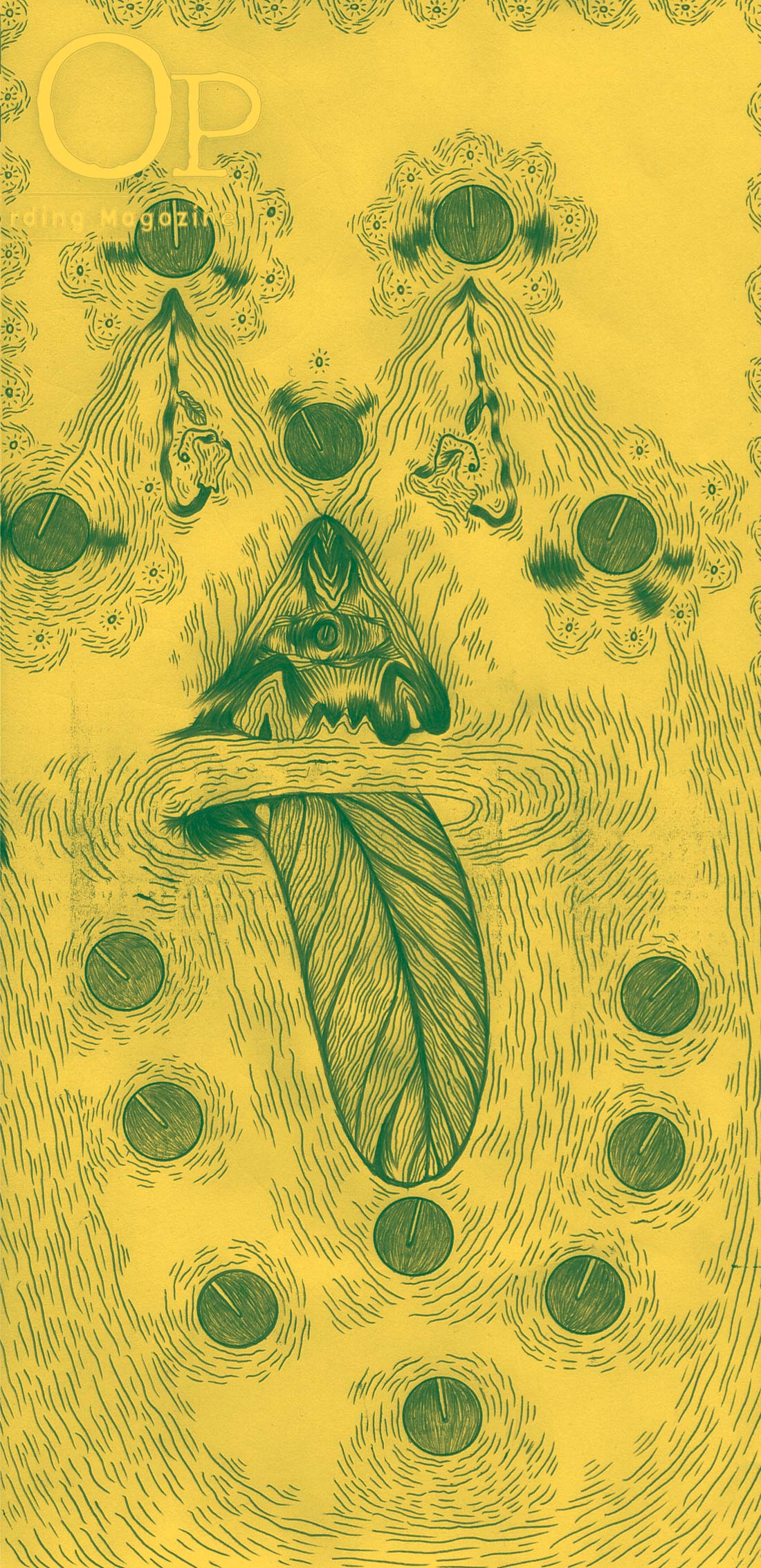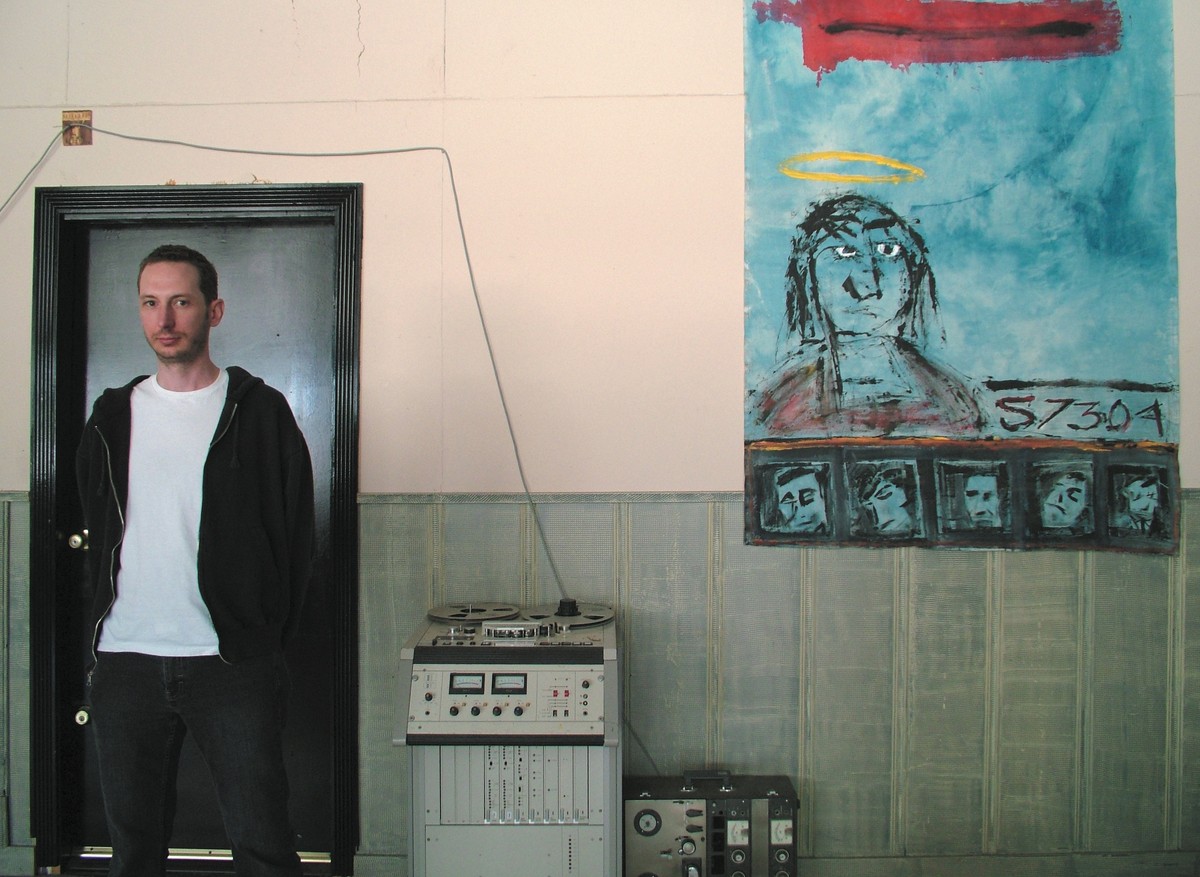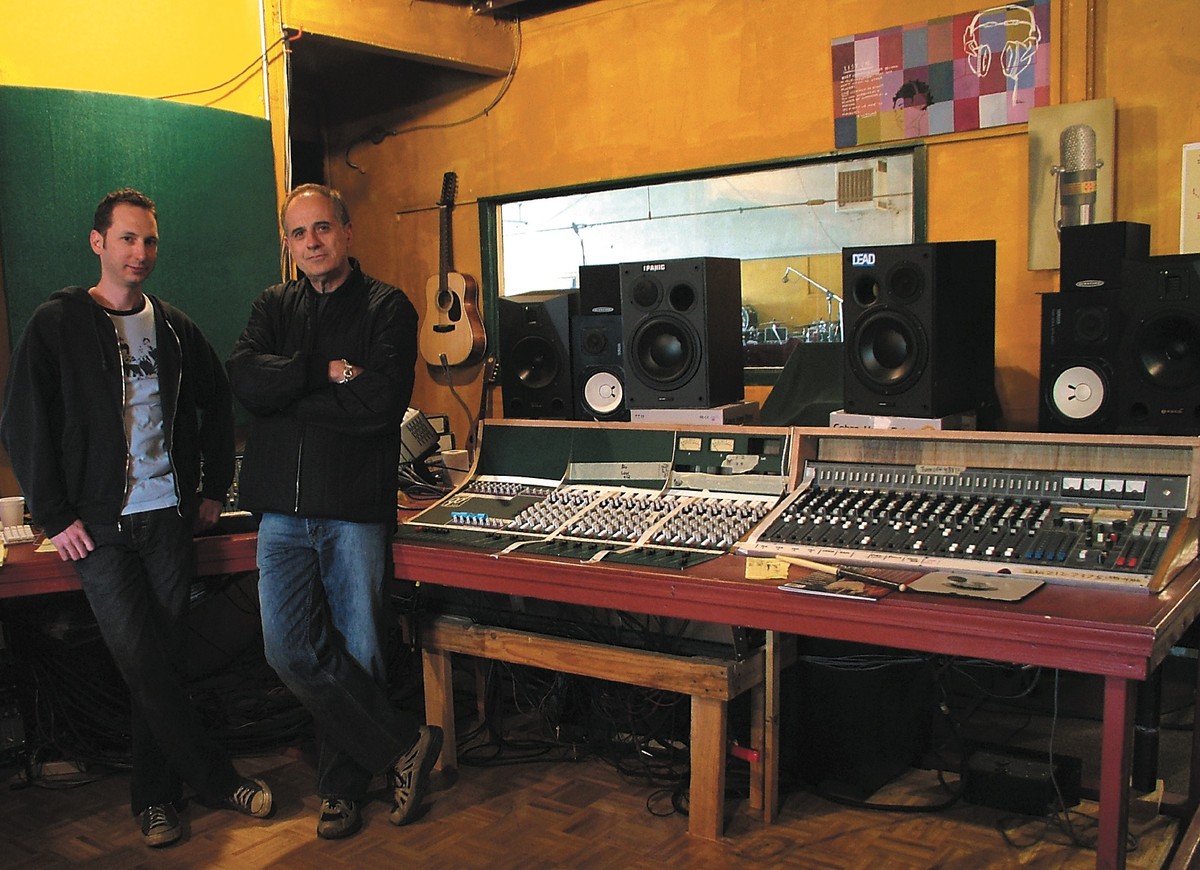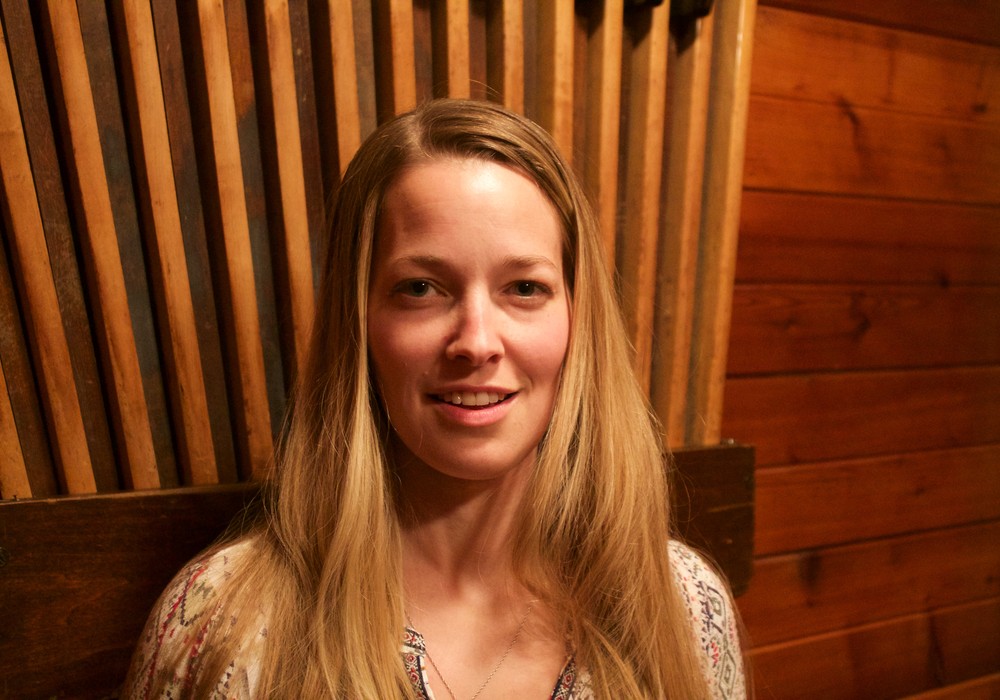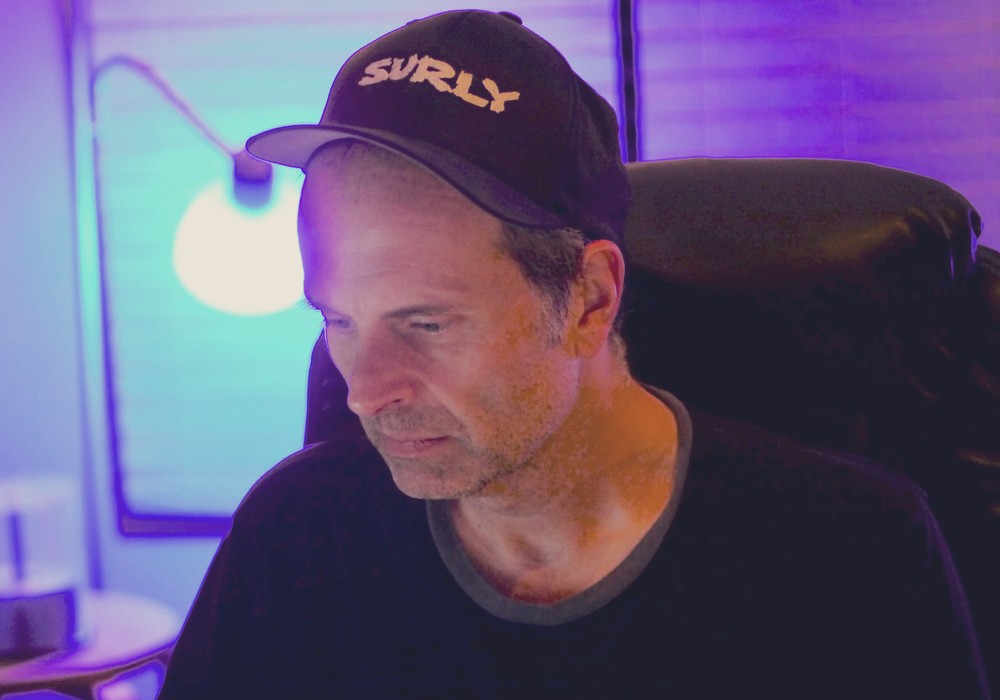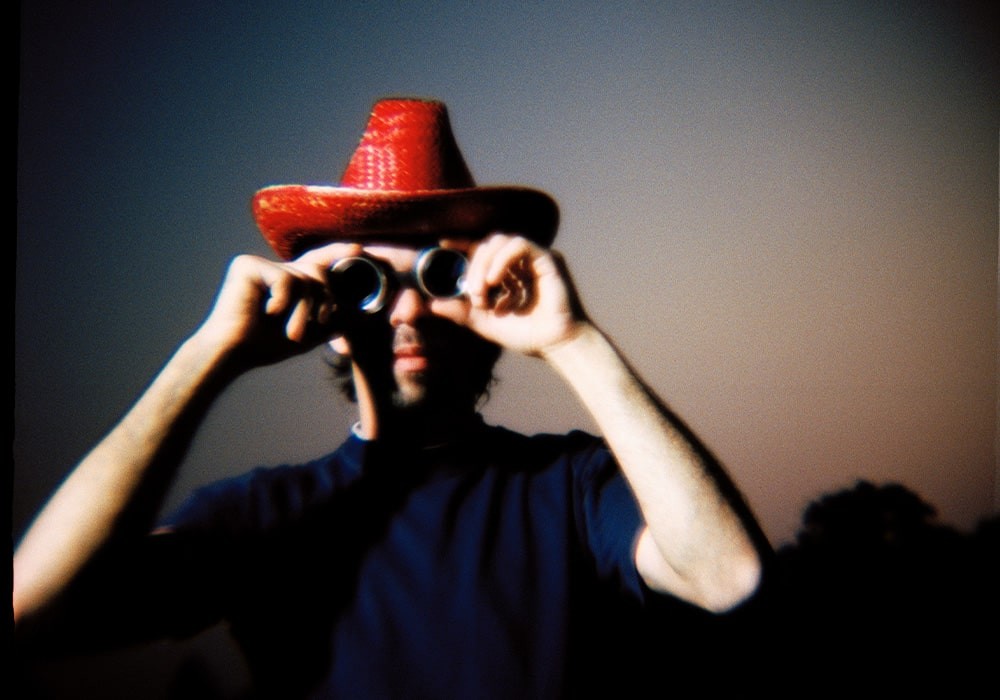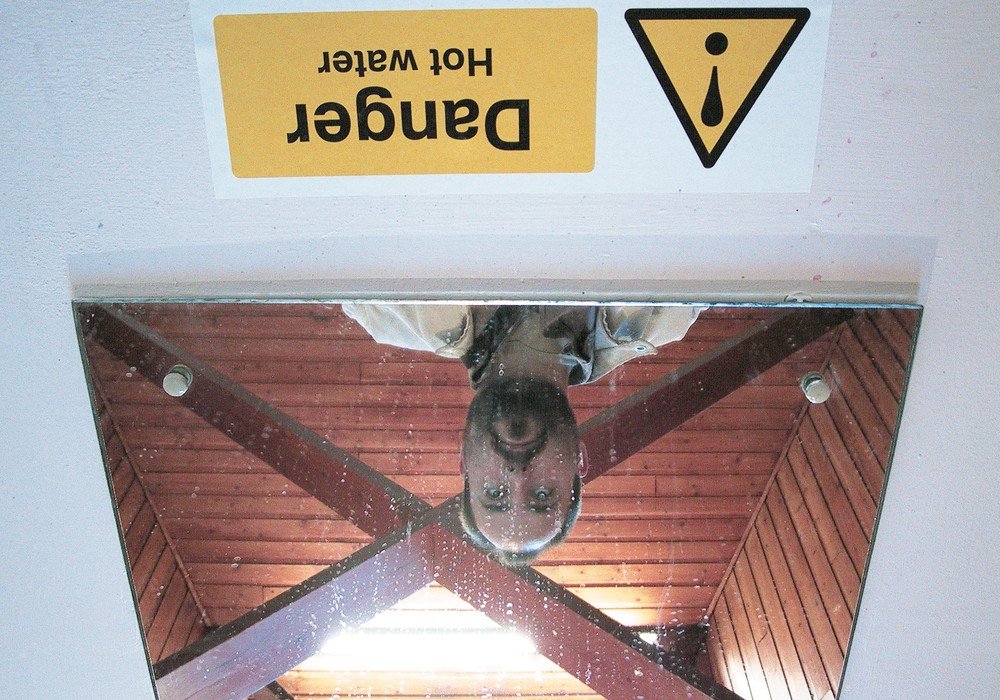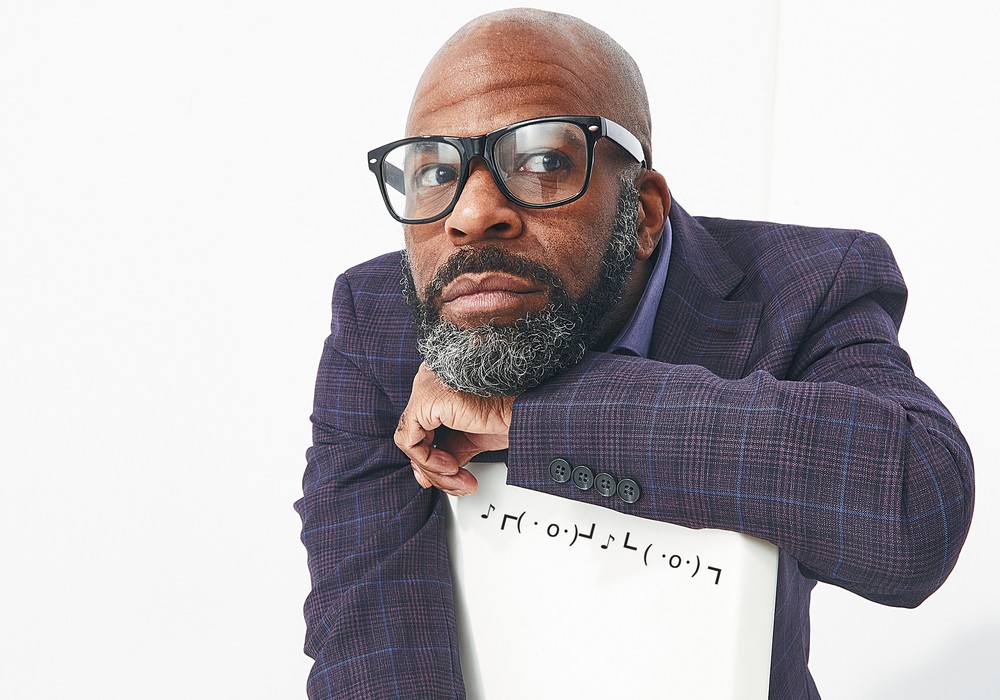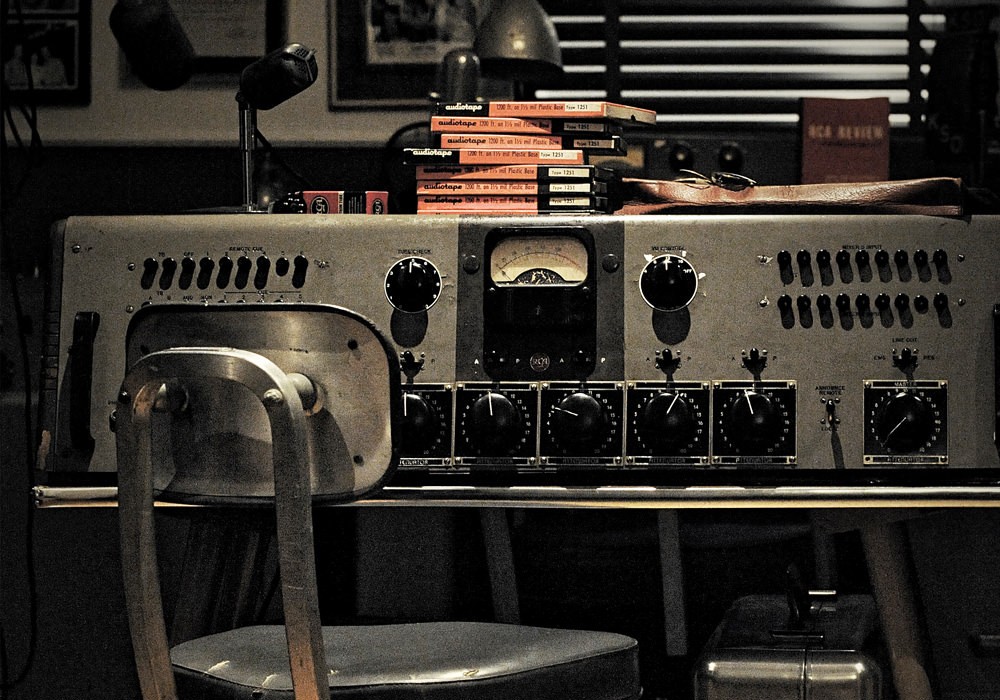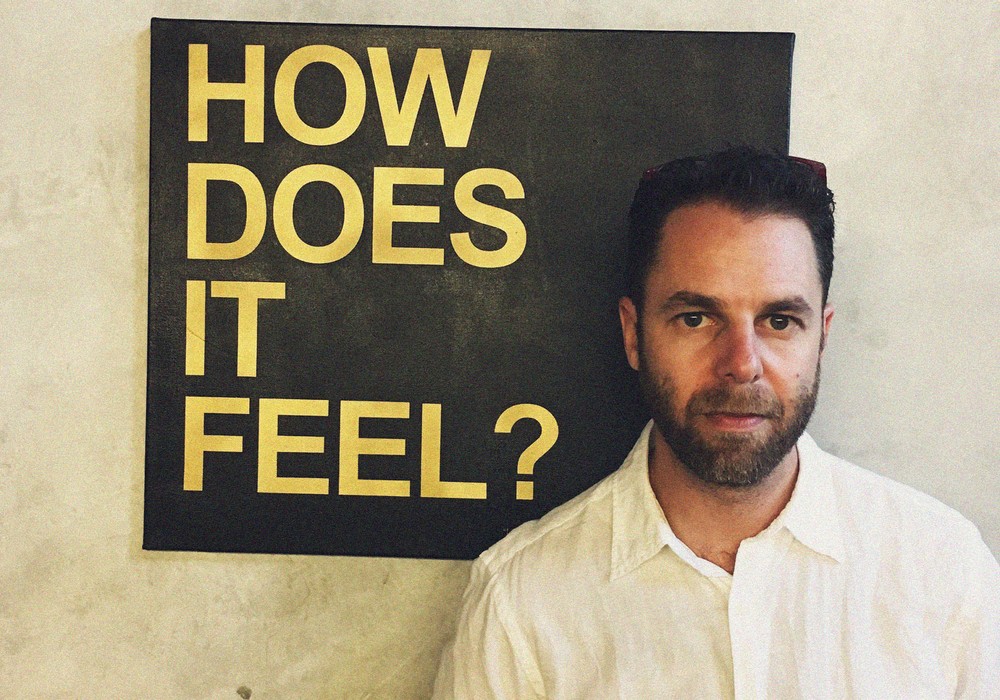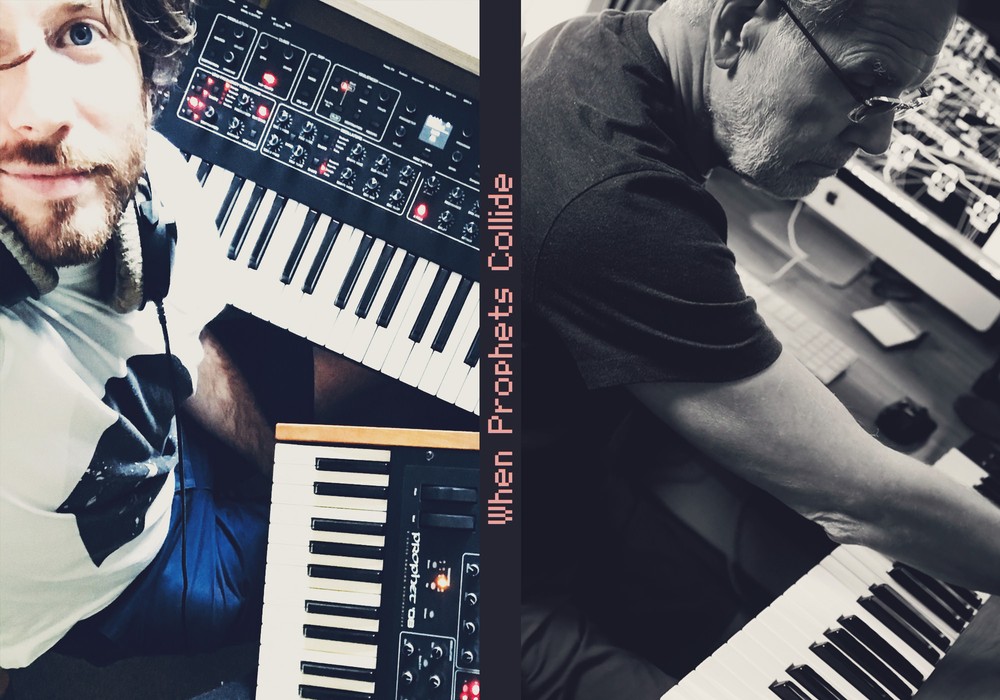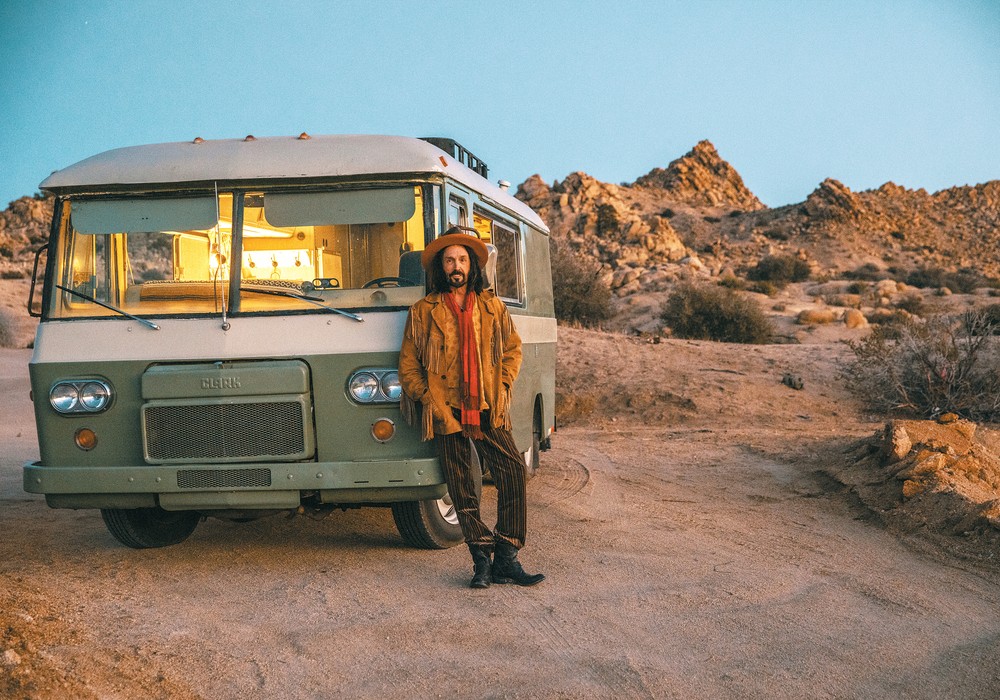Back in the summer of 2002, when I was visiting Los Angeles and visited Henson Recording to interview Bob Ezrin [Tape Op #31] for Tape Op, I met a youngish, peculiar looking fellow right upon entering the control room. The engineer at the helm of the studio's giant SSL console was a chap everyone referred to as 'Gummo'. Gummo, for those who don't know, is a cult film by director/writer Harmony Korine that portrays life in a seemingly toxin-ridden town-that- America-forgot: Xenia, Ohio. This Gummo, Brian Virtue, was the recording engineer of this project that I stumbled upon (which happened to be the massively overlooked [IMHO] Jane's Addiction's Strays album) resembled the aforementioned film's main character, but he's no mutant. Instead, he's an amazing engineer who can handle the complex requirements of a major label recording, which can sport no budget or any other constraints. He is still a mentor under the legendary Bob Ezrin and is currently his co-producer du jour on many projects, including the upcoming Incubus record, which will be released in 2005. The following comes from a conversation we had by phone quite a while after we met.
Can you give us a little background on yourself? It's not every day that someone our age happens to be working on a Jane's Addiction record, and working with Bob Ezrin!
I'm from Southern California. I played in high school and all that stuff and when I graduated I knew I wasn't a good enough piano player to really pursue being a professional musician and I ended up going to recording school up here in Los Angeles. I grew up about an hour and a half outside of Los Angeles. I moved to Hollywood about two weeks after graduating high school. My first job was at a studio called Track Record, which I worked at for about four years, and then I lived in London for a year. I didn't do a lot of studio work over there, just because I didn't really have any connections. Then I came back to L.A. and have been independent ever since.
What have you been working on?
The last few are always the ones that seem the most important. Over the last three years it's primarily been 30 Seconds To Mars and Jane's Addiction just because they were such long records. I did another band over the summer called pre)Thing for V2. And this year I've mixed a mellowdrone record, which is supposed to be on ArtistDIRECT but I don't know what's happening with that anymore.
What's your background?
I came from more of an engineering background, obviously. I used to play music but as far as getting work and getting to where I am now, it's more through engineering and having a few successful mixes here and there that led out to me getting more production work. The first real production work was for Deadsy — I produced a few songs for them, which will be out on Dreamworks. Then they asked me to co-produce the 30 Seconds To Mars record with Bob [Ezrin].
How exactly did that happen?
I had done some work with the artist earlier on. Bob got involved and they wanted someone to co-produce the project. So I believe they went through quite a few names before they came back and asked me to do it.
So why were they still looking for a co- producer then?
I think Bob's availability was somewhat limited — he still had a lot of commitments to different ventures and they just needed someone else who could be hands- on all the time. And from that point Bob asked me to come in and do the same type of situation on the Jane's Addiction record. For that record Bob was pretty much there all the time, but not as much as me. We would share ideas and stuff.
So he brought you in for that. How did the band feel about that? Or I gather they were totally completely open to it?
I don't think we really talked about it until we were already in the studio. It wasn't going to financially be a different burden on them and they could see I was doing the work, so all is fair.
And they hadn't made a complete record for over a decade...
It wasn't a type of record where they came in and said, "Here's our songs," and someone could go, "This is the problem with your songs." Because since they were writing in the studio, nothing happened all at once, as far as pinpointing issues that needed to be dealt with. They were always slowly getting dealt with. I engineered the record. I'd say the production values are also things that stemmed over from that side of things — sonic levels and such.
It was quite the setup you had going there — a mix of formats and such.
Yeah, it was Pro Tools and tape. It was much easier to do all the overdubs in the Pro Tools environment. Especially with all the development that happened with the songs, it's much easier to hold onto a track and open up a new one and try a new idea and keep taking different approaches to a song....
